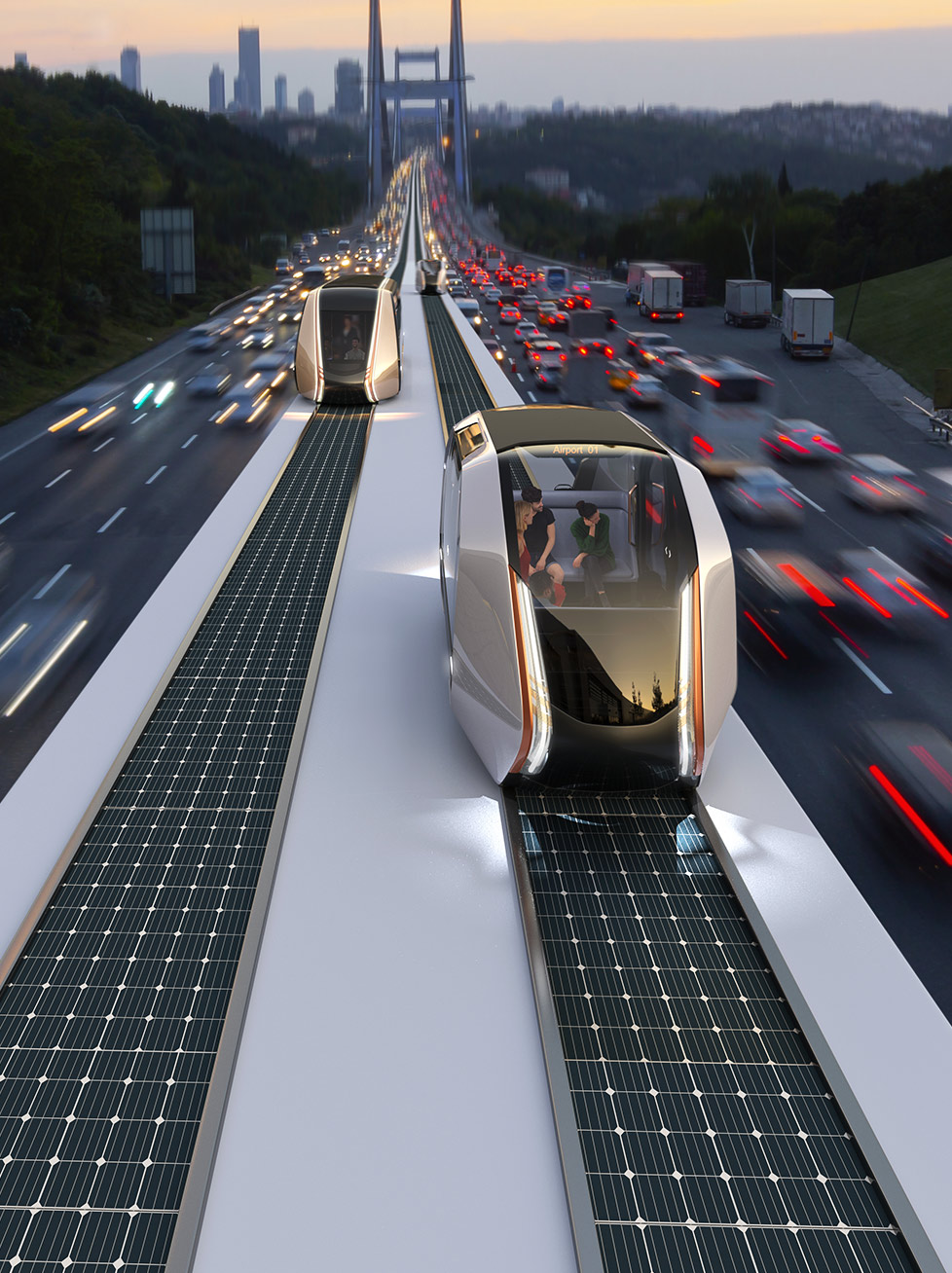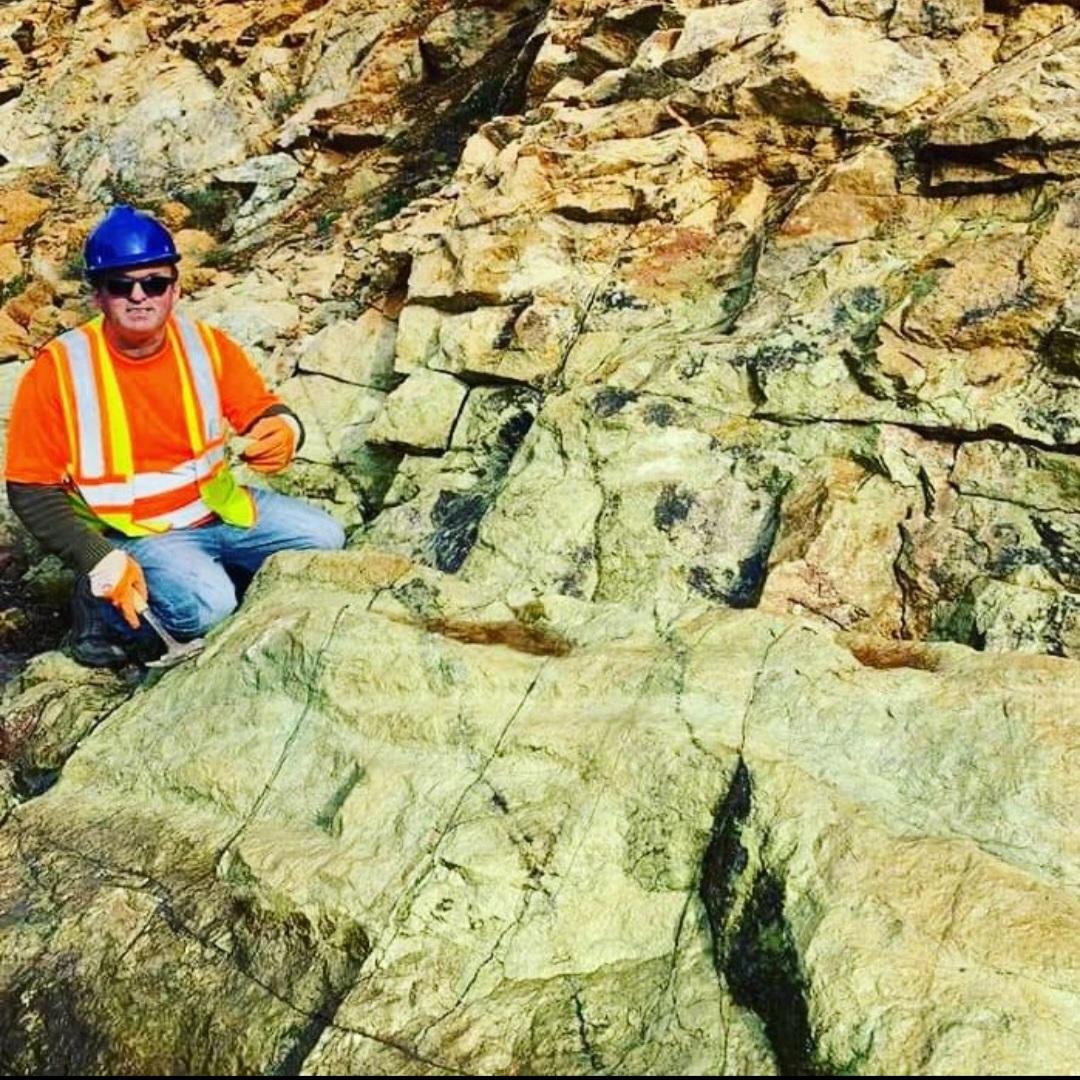RAILBUS is a pioneering startup dedicated to revolutionizing mass transportation with the world’s first 100% solar-powered system. Their state-of-the-art, environmentally friendly, and cost-effective vehicles are the result of collaboration between visionary entrepreneurs, industrial designers, and transportation specialists.
Partnering with strategic allies and suppliers from the light rail, automotive, and rapid transit sectors, RAILBUS is committed to advancing sustainable transportation solutions for a greener future.
RAILBUS Vehicles: Redefining Urban Transit
Crafted with precision using high-strength, lightweight components and modules, RAILBUS vehicles embody the pinnacle of modern engineering. With a focus on cutting-edge technology, safety, and sustainability, these vehicles mark a significant leap forward in eco-friendly urban transportation solutions.
Key Features of RAILBUS Vehicles:
Solar-Powered Efficiency: RAILBUS is committed to sustainability, harnessing the power of solar energy through state-of-the-art solar panels covering all tracks. This innovative approach not only reduces carbon emissions but also ensures a reliable and cost-effective energy source.
Advanced Design: Sleek and contemporary, RAILBUS vehicles are designed to seamlessly blend into urban environments. Their aerodynamic structure not only enhances energy efficiency but also prioritizes passenger comfort, making for a visually appealing addition to cityscapes.
Spacious and Accessible: Comfort and inclusivity are paramount in RAILBUS vehicles, offering ample seating and standing room while complying with disability legislation to ensure accessibility for all passengers, including those with mobility challenges.
Eco-Friendly Materials: RAILBUS prioritizes sustainability throughout its lifecycle, utilizing recyclable and eco-friendly materials in vehicle construction. This eco-conscious approach reduces manufacturing’s ecological footprint and aligns with the company’s commitment to environmental stewardship.
Low Noise Emission: Operating with minimal noise, RAILBUS vehicles contribute to quieter urban environments, addressing concerns about sound pollution in densely populated areas and enhancing the overall quality of urban living.
High Efficiency and Reliability: Engineered for optimal performance, RAILBUS vehicles are equipped with cutting-edge transportation technology, delivering exceptional efficiency and reliability to meet the rigorous demands of urban public transit systems.
Safety and Security: Safety is paramount in RAILBUS design, featuring advanced safety features and vigilant monitoring to provide passengers with a secure and reassuring travel experience.
Sahit Muja, CEO of Albanian Minerals, emphasizes the pivotal role of transportation in achieving a cleaner world amidst the burgeoning global population, which reached 8.1 billion in 2024. With substantial industrialization surging in developing nations, the demand for energy has skyrocketed to unprecedented levels. In this intricate balancing act, energy storage emerges as a crucial component, fostering a more flexible and reliable grid system.
“Metals are indispensable for fostering renewable energy growth as demand in 2023 surpasses supply,” Muja asserts. He underscores the significant demand surge expected for structural materials, such as over 50 billion tons of sand annually, alongside billions of tons of steel, concrete, glass, and aluminum. Albanian Minerals’ mission is anchored in crafting a greener future for all inhabitants of the planet, guided by principles aimed at enhancing the world for future generations.
Muja highlights a common challenge in green energy: intermittency when wind and solar energy sources are not available. To mitigate this, flexible power sources like green hydrogen, hydropower, and advanced energy storage solutions are vital complements to renewable sources.
Based in New York, Muja affirms Albanian Minerals’ surge in inquiries for crucial metals like chromium, iron ore, manganese, palladium, copper, magnesium, lithium, and nickel. Investments in renewable energy underscore green electrification as one of the most potent solutions to the climate crisis. Muja anticipates substantial opportunities and demand for metals essential in constructing renewable energy infrastructure and manufacturing wind turbines, solar panels, hydropower systems, batteries, and electric vehicles.
“The future holds immense promise for metals and minerals,” Muja asserts, citing magnesium, nickel, cobalt, zinc, silicon, manganese, lithium, platinum, palladium, copper, iron ore, silica, rare earth elements, chromium, nickel, zinc, molybdenum, tin, tungsten, and lead as valuable investments and hedges against inflation.
According to the United Nations, energy lies at the heart of the climate challenge and holds the key to the solution. Fossil fuels remain the largest contributor to global climate change, accounting for over 75 percent of global greenhouse gas emissions and nearly 90 percent of all carbon dioxide emissions. To avert the impacts of climate change, emissions must be halved by 2030 and achieve net-zero by 2050.
This necessitates a fundamental shift away from fossil fuels towards clean, accessible, affordable, sustainable, and reliable alternative of transportation and energy sources like renewables. Renewable energy sources, abundantly available from nature, emit minimal greenhouse gases or pollutants, offering a promising pathway to a sustainable future.
Related
Discover more from Green Innovation News
Subscribe to get the latest posts sent to your email.





